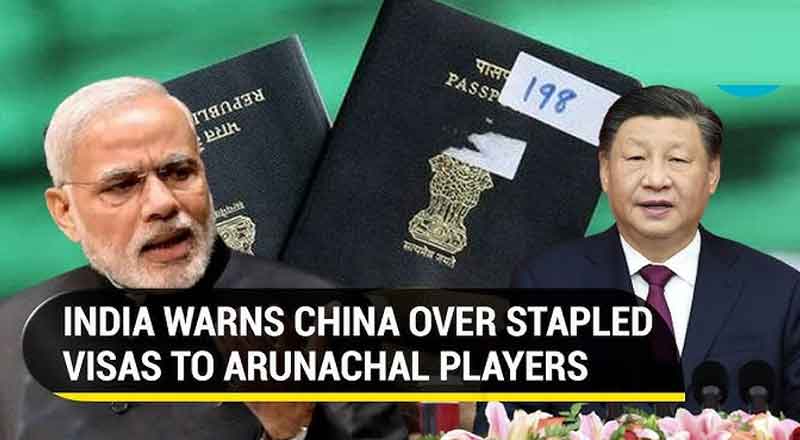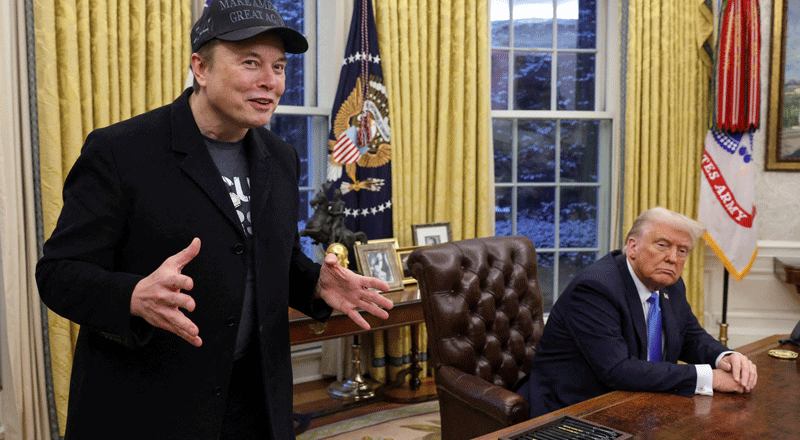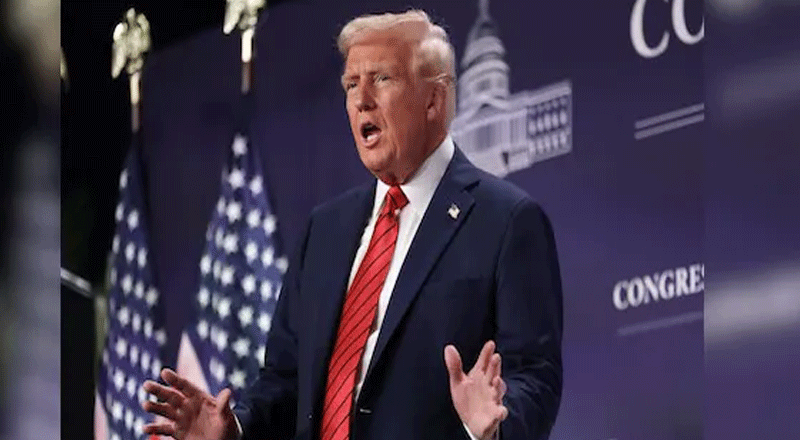- New Delhi has withdrawn from the games being held in China.
- India marks a strong protest against Beijing’s attempts to normalize its segregated approach towards India’s Arunachal Pradesh.
- China issued stapled visas to Indian athletes; India calls the decision “unacceptable”
- China claims India’s Jammu & Kashmir, Ladakh, and Arunachal Pradesh to be so-called disputed territories.
- China also declined to take part in a G20 tourism meeting held in India’s Kashmir, saying that it did not support “holding any kind of G20 meetings in the disputed territory”.
- A stapled visa is simply an unstamped piece of paper that is attached by a pin or staples to a page of the passport and can be torn off or detached at will.
India has pulled out of the World University Games being held in China’s Chengdu starting Friday, in response to stapled visas issued to athletes from India’s northeastern state of Arunachal Pradesh.
Earlier officials in New Delhi barred an eight-member contingent, including five athletes, a coach, and two support staff members, from boarding their flight to China just before their departure. Hours later, it turned out New Delhi had withdrawn from the games altogether, marking a strong protest against China’s attempts to normalize its segregated approach towards India’s Arunachal Pradesh.
The controversy erupted after Beijing issued stapled, not stamped, visas to Indian athletes hailing from Arunachal Pradesh, who were to participate in the wushu (martial art) championship in China. The athletes applied for a Chinese visa on July 16. The applications of all athletes were processed in time and stamped visas were issued subsequently barring applications from three Arunachal athletes-Nyeman Wangsu, Onilu Tega, and Mepung Lamgu. They were first asked to resubmit their applications and later were issued stapled visas on July 26.
India’s Ministry for External Affairs (MEA) called the decision by China “unacceptable”, adding that “India reserves the right to suitably respond to such actions”. “Our long-standing and consistent position is that there should be no discrimination or differential treatment based on domicile or ethnicity in the visa regime for Indian citizens holding valid India passports,” the MEA spokesperson Arindam Bagchi said.
“It has come to our notice that stapled visas were issued to some of our citizens representing the country in an international sporting event in China. This is unacceptable and we have lodged our strong protest with the Chinese side, reiterating our consistent position on the matter,” he said.
China claims India’s Jammu & Kashmir, Ladakh, and Arunachal Pradesh to be so-called disputed territories. It follows the practice of issuing stapled visas to athletes from these regions for a long time. In 2011, five karatekas from Arunachal were also issued stapled visas.
In May, China also declined to take part in a G20 tourism meeting held in India’s Kashmir, saying that it did not support “holding any kind of G20 meetings in the disputed territory”.
A stapled visa is simply an unstamped piece of paper that is attached by a pin or staples to a page of the passport and can be torn off or detached at will. This is different from a regular visa that is affixed to the passport by the issuing authority and stamped.
China has made it a practice to issue stapled visas to Indian nationals from Arunachal Pradesh and Jammu and Kashmir. It says the visas are valid documents, but the Government of India has consistently refused to accept this position.
(with inputs from agencies)





